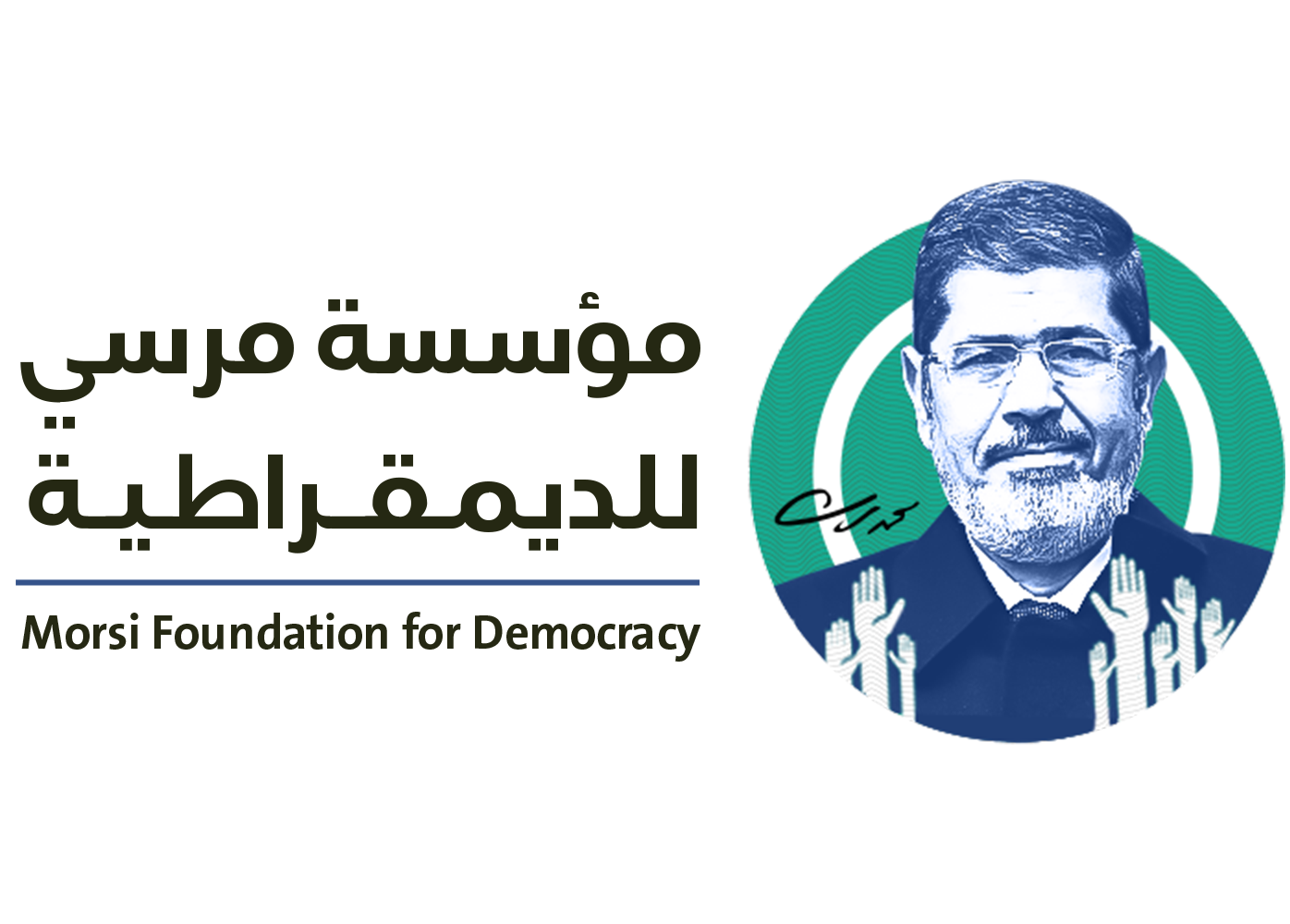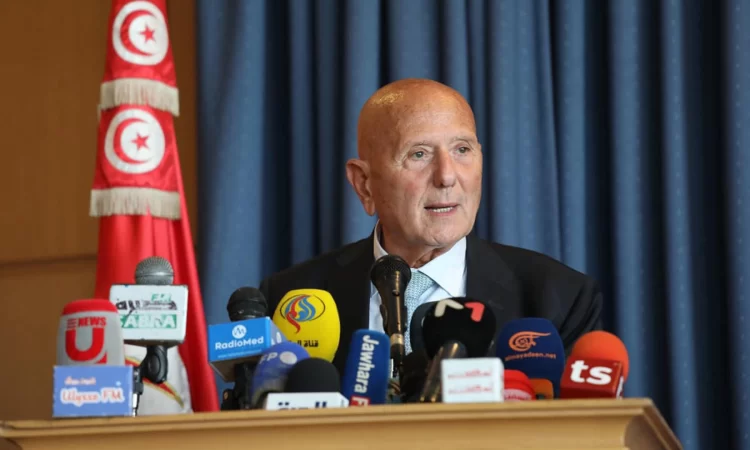Yesterday, Saturday, the opposition National Salvation Front organized a stand in solidarity, on Habib Bourguiba Street, with what it described as political detainees, and those arrested in what is known as the “conspiracy against state security” case.
The Salvation Front called on the Tunisian authorities to release the detainees and stop the trials, which it described as political.
The participants in the vigil raised banners calling for the overthrow of what they described as a coup and violations against political opponents, and targeting them at the security and judicial levels, as they put it.
The head of the opposition National Salvation Front in Tunisia, Ahmed Najib Al-Shabi, said – in a statement to Al-Jazeera – that the democratic experience in his country is experiencing a setback, and a society that struggled for freedom and democracy cannot surrender to injustice and tyranny, as he put it.
Front member Samira al-Shawashi said – on the sidelines of the vigil – “Today, there is among our detainees Rashid Ghannouchi (head of the Ennahda movement). He was arrested for his right to express an opinion and was tried because he took a step for national unity.”
Al-Shawashy added that the group of detainees in the so-called “conspiracy” case are far from conspiracy.
Ghannouchi is one of the most prominent leaders of the Salvation Front, which rejects exceptional measures that President Kais Saeed began to impose on July 25, 2021, the most prominent of which are: the dissolution of the Judicial Council and Parliament (which was headed by Ghannouchi), the issuance of legislation by presidential orders, the adoption of a new constitution through a referendum, and the holding of early legislative elections boycotted by the opposition. .
Since last February 11, the Tunisian authorities have carried out a campaign of arrests that included leaders and activists in the opposition, which considers the exceptional measures “a coup against the constitution of the revolution (the 2014 constitution) and the consecration of absolute individual rule,” while another team sees them as “a correction of the course of the 2011 revolution,” which overthrew the late president Zine El Abidine Ben Ali (1987-2011).
Ennahda and the rest of the opposition forces usually deny the accusations against their leaders, and consider them political prosecutions, while Saeed accused some of those arrested of “conspiring against state security.”



